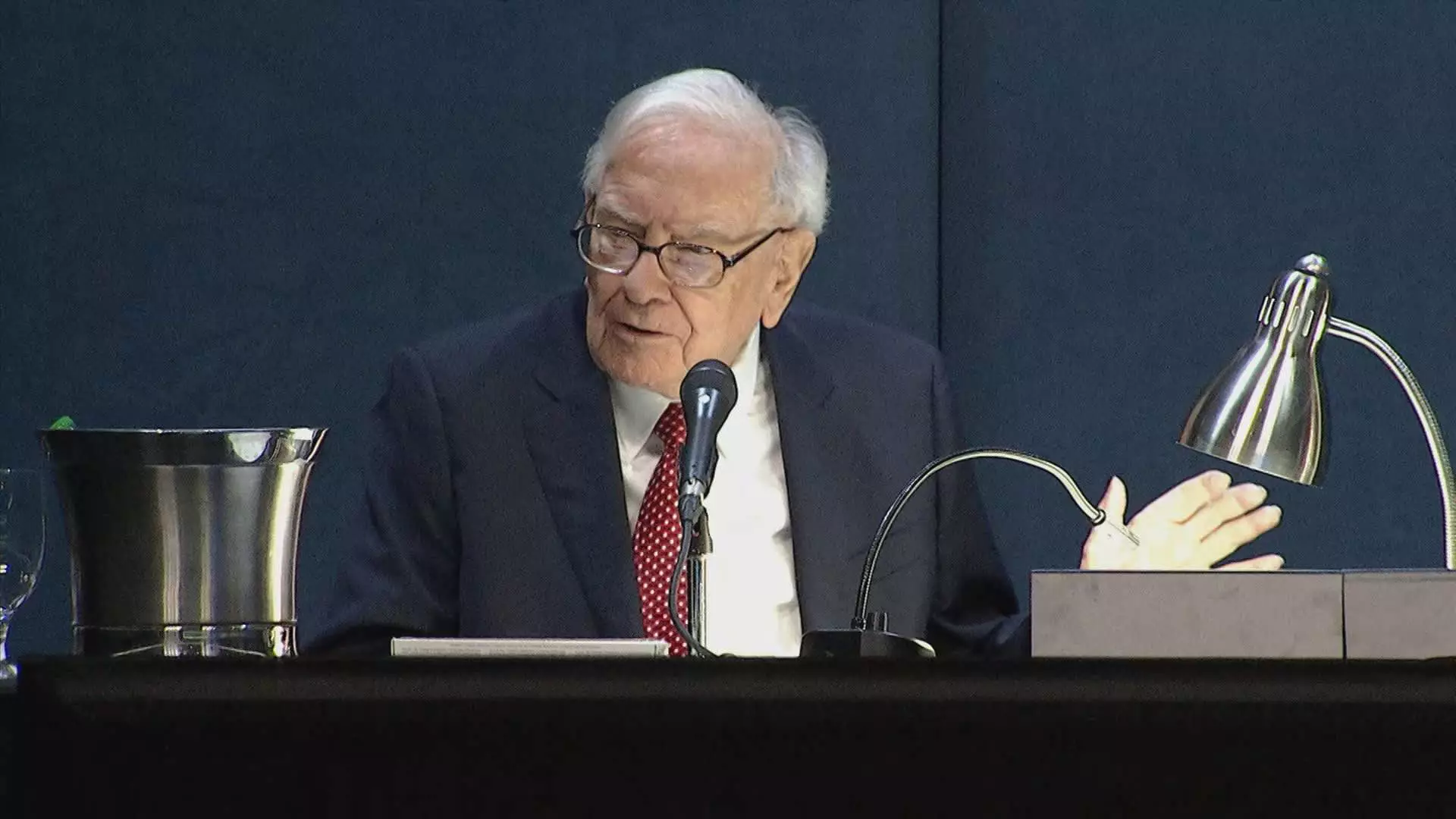Warren Buffett shocked many investors by reducing his long-held position in Bank of America. The decision to offload 52.8 million BofA shares worth $2.3 billion could have several factors driving it, including Berkshire Hathaway’s need to rebalance its portfolio. Although Berkshire still owns 980.1 million BofA shares valued at $41.3 billion, the recent sale highlights a shift in strategy. Buffett’s initial investment in BofA, buying $5 billion worth of preferred stock and warrants in 2011, played a crucial role in stabilizing the bank after the financial crisis. However, with BofA’s stock soaring and trading at 12 times forward earnings, Berkshire might be capitalizing on the gains and taking profits.
Another significant aspect that could have influenced Buffett’s decision to sell BofA shares is tax liability. As corporate tax rates are expected to rise, Buffett has been proactive in managing Berkshire’s tax obligations. By selling a portion of his Apple stake in the first quarter and now trimming the BofA position, Buffett is potentially mitigating the impact of higher tax rates on Berkshire’s income. His focus on tax-efficiency aligns with his long-term strategy of maximizing returns for shareholders while staying compliant with tax regulations.
Buffett’s investment in Bank of America has been a unique and intriguing story on Wall Street. Describing it as a “bathtub epiphany,” Buffett shared that the idea of purchasing BofA’s preferred stock came to him while he was in the bathtub. The whimsical nature of how the deal unfolded added to its charm, with Buffett initially trying to contact BofA through the bank’s call center, only to be redirected by a service representative. Despite the initial setback, Buffett’s persistence paid off, and the deal was sealed within hours once he connected with BofA CEO Brian Moynihan.
Implications for Berkshire Hathaway
The sale of Bank of America shares marks a notable shift in Berkshire Hathaway’s investment strategy. As one of the largest shareholders in BofA, Berkshire’s decision to reduce its stake sends a signal to the market about its outlook on the banking sector. With BofA’s stock outperforming the market and trading at higher multiples, Buffett’s move to trim the position reflects a cautious approach to managing risk and capitalizing on gains. As Berkshire continues to navigate changing market dynamics and regulatory environments, the sale of BofA shares serves as a strategic adjustment to optimize the portfolio’s performance.
Warren Buffett’s decision to sell a portion of the Bank of America holding has generated significant interest and speculation among investors. While the exact reasons for the sale may vary, including potential tax implications and portfolio rebalancing, it underscores Buffett’s pragmatic approach to managing Berkshire Hathaway’s investments. As one of the most respected and successful investors of all time, Buffett’s moves in the market often carry significant weight and offer valuable insights into his investment philosophy. By analyzing the factors driving the sale of BofA shares, investors can gain a deeper understanding of the considerations that shape Buffett’s investment decisions and the broader implications for the market.

